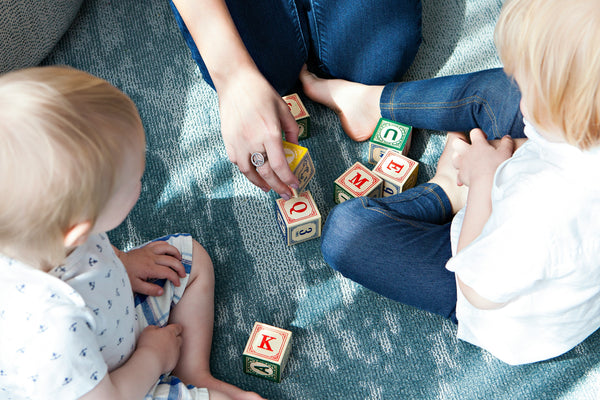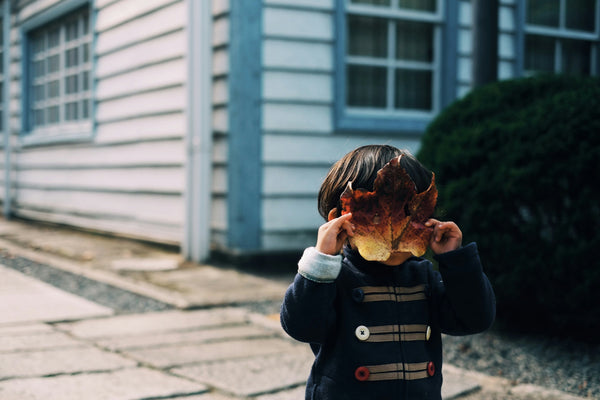Why Does My Toddler’s Poop Smell Like Rotten Eggs?
share this article

Let’s face it, toddler poop is rarely pleasant. But if you’ve noticed a distinct rotten egg or sulfur-like smell coming from your little one’s diaper, you might be wondering what’s behind the stink. In most cases, it’s totally normal and temporary. But sometimes, smelly poop can signal a digestive imbalance, food sensitivity, or infection worth addressing.
Here’s what causes sulfur-smelling toddler poop and when to be concerned.
What Causes That Rotten Egg Smell?
That “rotten egg” odor is typically caused by sulfur, a naturally occurring element found in many foods and produced by certain gut bacteria during digestion. The smell comes from hydrogen sulfide gas, a byproduct of breaking down sulfur-rich foods or proteins in the digestive tract.
Common culprits include:
-
High-sulfur foods: Eggs, broccoli, cauliflower, cabbage, garlic, onions, and legumes can all lead to more hydrogen sulfide production.
-
Protein overload: Diets high in animal proteins (like meat or dairy) can also create more sulfuric byproducts.
-
Gut bacteria imbalances: Certain gut microbes produce more sulfur gases when overgrown or out of balance, which may happen after antibiotics, illness, or diet changes.
Other Possible Causes
-
Food Intolerances
Lactose intolerance or difficulty digesting certain carbohydrates can lead to fermentation in the gut, causing gas and foul-smelling stools. Toddlers who are sensitive to dairy, gluten, or fructose may experience stinkier-than-usual poops alongside bloating or loose stools [1]. -
Poor Digestion or Malabsorption
If your child’s body isn’t fully breaking down fats, proteins, or carbs, undigested food can ferment in the gut and smell foul. This can happen temporarily after illness or in rare cases like pancreatic insufficiency or celiac disease. -
Infections or Parasites
Rotten egg–smelling stools that are persistent, especially with diarrhea, fever, or abdominal pain, could indicate a gastrointestinal infection (like Giardia or Clostridium difficile) [2]. These require medical attention.
When to Worry
Occasional sulfur-smelling poop, especially after certain meals is usually nothing to worry about. But you should talk to your pediatrician if you notice:
-
The smell is persistent and intense
-
Poop is also very watery, mucusy, or bloody
-
Your toddler has diarrhea, weight loss, or poor growth
-
Your kid is fatigued, or has frequent tummy aches
What You Can Do
-
Track their diet: Watch for patterns. Does the smell worsen after eggs, dairy, or certain veggies?
-
Balance their gut: Incorporate gut-friendly foods like prebiotic fiber (from bananas, oats, or chicory root) and probiotics (like yogurt or probiotic drops).
-
Stay hydrated: Water supports healthy digestion and bowel movements.
-
Rule out sensitivities: If smells persist, your pediatrician may recommend a stool test or an elimination diet to rule out intolerances or infections.
Summary
Rotten egg–smelling poop is usually related to your toddler’s diet or gut bacteria. In most cases, it’s harmless and temporary but if it’s persistent or paired with other symptoms, it’s worth checking in with your pediatrician.
















